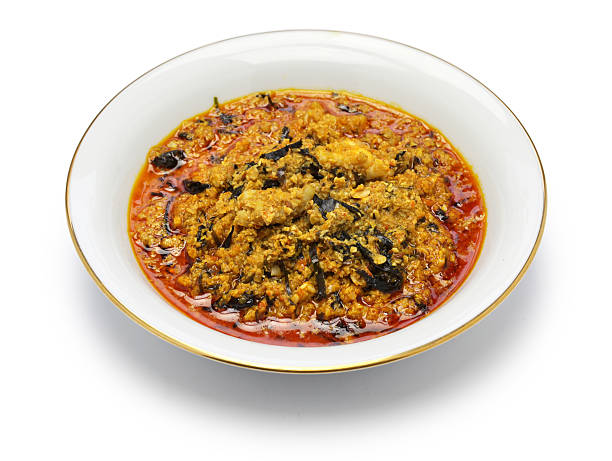Shakshuka, a popular dish originating from North Africa and the Middle East, has gained widespread acclaim for its rich flavors, vibrant colors, and nutritional benefits. This hearty and satisfying dish typically consists of poached eggs in a spiced tomato and pepper sauce, often flavored with onions, garlic, and various herbs and spices. Beyond its delicious taste, shakshuka offers a range of essential nutrients that contribute to overall health and well-being.

One of the key nutritional components of shakshuka is its high content of lycopene, a powerful antioxidant found in tomatoes. Lycopene has been associated with numerous health benefits, including reducing the risk of chronic diseases such as heart disease, certain types of cancer, and age-related macular degeneration. The cooking process used to prepare the tomato sauce in shakshuka enhances the bioavailability of lycopene, making it easier for the body to absorb and utilize this beneficial compound.

Moreover, shakshuka is rich in vitamins and minerals, particularly vitamins A, C, and K, as well as potassium and magnesium. Vitamin A is essential for vision health, immune function, and skin integrity. Vitamin C is a potent antioxidant that boosts the immune system and promotes collagen synthesis for skin health. Vitamin K is crucial for blood clotting and bone health. Potassium supports heart health and regulates blood pressure, while magnesium is involved in muscle and nerve function and helps maintain bone density.

Additionally, shakshuka is a good source of protein, thanks to the eggs poached in the tomato and pepper sauce. Protein is essential for muscle repair and growth, immune function, and hormone production. Including protein-rich foods like shakshuka in one’s diet helps support overall health and promotes satiety, helping to maintain a healthy weight.
Furthermore, the herbs and spices used to flavor shakshuka add not only depth of flavor but also potential health benefits. Ingredients such as garlic, cumin, paprika, and chili flakes contain bioactive compounds with antioxidant, anti-inflammatory, and antimicrobial properties. These compounds help reduce oxidative stress in the body, combat inflammation, and may lower the risk of chronic diseases such as heart disease, cancer, and diabetes.

In addition to its nutritional content, shakshuka is a versatile dish that can be customized to suit individual tastes and dietary preferences. It can be made with a variety of vegetables, herbs, and spices, allowing for endless flavor combinations. Shakshuka can also be served with a variety of accompaniments, such as whole grain bread, couscous, or salad, to add texture and additional nutrients to the meal.

In conclusion, shakshuka offers a delicious and nutritious dining experience that reflects the culinary diversity of North African and Middle Eastern cuisines. With its rich tomato and pepper sauce, poached eggs, and flavorful spices, shakshuka provides essential nutrients such as lycopene, vitamins, minerals, and protein. Including shakshuka as part of a balanced diet supports overall health and well-being, while satisfying the taste buds with its bold flavors and vibrant colors.




